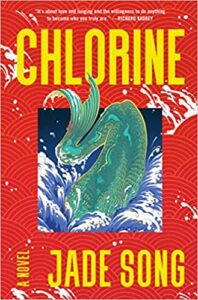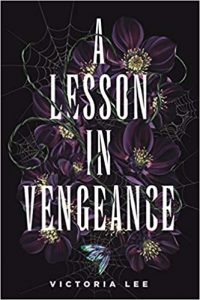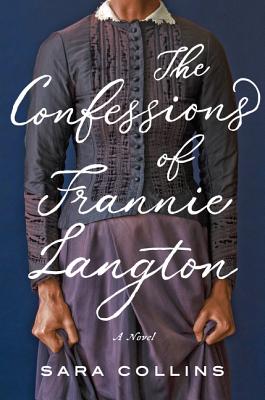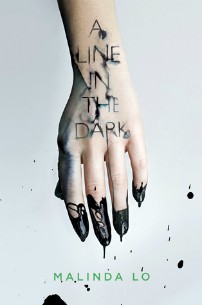Buy this from Bookshop.org to support local bookstores and the Lesbrary!
Elliott Gish’s debut queer Gothic novel, Grey Dog (ECW Press, 2024), is one of my most anticipated releases of the year. Intense, foreboding, and atmospheric, Grey Dog is the latest in queer horror, and it’s a must-read!
Set in 1901, the novel is structured as the diary of Ada Byrd, a spinster and schoolteacher, who arrives in the isolated small town of Lowry Bridge under a cloud of misery after things went awry at her last post. Starting afresh with new students, Ada explores the surrounding woods and makes new friends who know nothing of her past. Slowly, Ada begins to hope for a future at Lowry Bridge and a place in the community. Maybe, in this new place, Ada can leave her past behind.
Slowly, however, strange events begin to take place: a swarm of dying crickets, a self-mutilating rabbit, a malformed faun. Ada believes that something disturbing and inhuman lurks in the woods, pursuing her from afar and presenting her with these offerings—offerings that both repel and intrigue her. As the creature she calls ‘Grey Dog’ encroaches, Ada’s sense of reality blurs and her past returns to haunt her as she confronts the rage simmering inside her.
I hesitate to say more without giving the plot away! One of the charms of this novel is its suspense and mystery, which quickly gives way to horror in the second half of the novel. Gish has the incredible ability to generate a sense of fear and danger in even the most seemingly innocuous moments. By structuring Grey Dog as Ada’s diary, the novel is confined to her perspective, which unravels more and more as the text goes on, although there are clues that Ada may not be as honest as the diary form suggests she will be. The reader feels as though they are living in Ada’s head and experiencing the confusing, haunting events of the novel along with her.
As historical fiction, Gish pays close attention to the social and gendered contexts which confine and police Ada throughout the novel. Ultimately, Grey Dog is a book about rage—queer rage and women’s rage—and the pain of emotional and physical abuse. Ada can only repress her anger at the injustices of her life and the lives of those she loves at the hands of those who seek to control her. When the dam finally breaks, the result is both extraordinary and dreadful in equal measure.
I loved Grey Dog. I could hardly bear to put it down. I’m reading it for the second time this week and it’s just as fantastic as it was the first time. This novel has become a new favourite for me and I look forward to reading Gish’s future work!
Please add Grey Dog to your TBR on Goodreads and follow Elliott Gish on Instagram.
Rachel Friars is a Doctoral Candidate in the Department of English at Queen’s University in Ontario, Canada. Her current research centers on neo-Victorianism and lesbian literature and history. Her work has been published with journals such as Studies in the Novel, The Journal of Neo-Victorian Studies, Queer Studies in Media and Popular Culture, and The Palgrave Handbook of neo-Victorianism.
You can find Rachel on X @RachelMFriars or on Goodreads @Rachel Friars.





